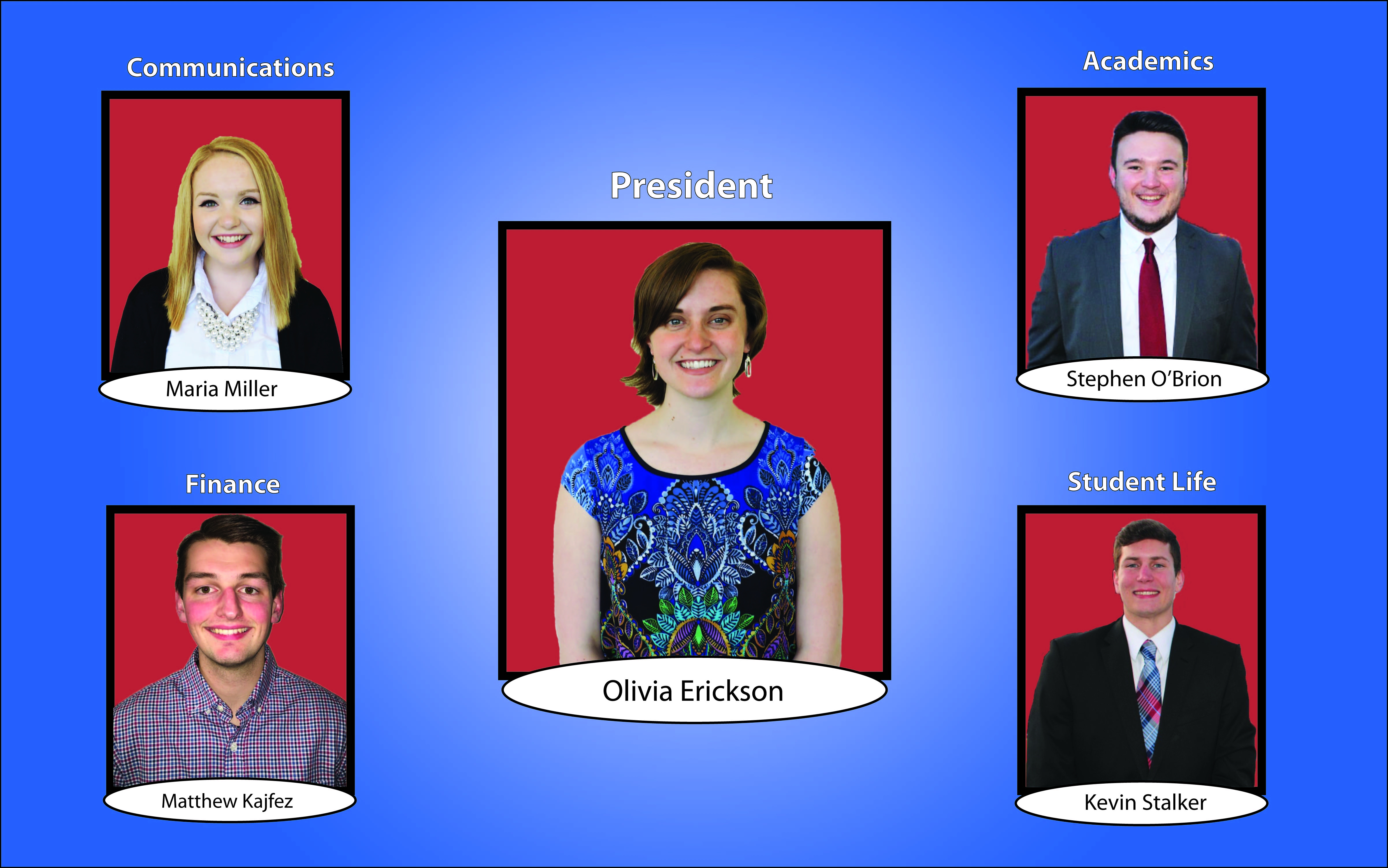By Jamie Crow & Madeline Bartos | Staff Writers
03/01/2018
Correction: A previous version of this article stated that Evans worked with Operation Safety Net. The correct name for the organization is Pittsburgh Mercy’s Operation Safety Net.
If you’re looking for an opportunity to apply your education to the real world before graduation, there’s an opportunity to do just that on (and off) campus. Community-engaged learning offers students the opportunity to use their educations beyond the classroom. Classes collaborate with the public in several different ways like community-based research, policy work and dialogue groups, just to name a few.
Duquesne’s history is rooted in giving back. According to Jessica Mann, director of the Center for Community-Engaged Teaching and Research, Duquesne holds the Carnegie Foundation Community Engagement Classification, which is only held by about 300 higher education institutions nationally.
Duquesne initially required all students to participate in a service-learning component. The model, Mann said, was not efficient for all of the schools and their respective curricula.
In 2015, Duquesne shifted to a two-tiered model of community-engaged learning, giving students the chance to continue experiencing service learning opportunities. Service learning is no longer mandatory for all of the schools, but some programs like occupational therapy, nursing and pharmacy still require students participate in community-engaged learning programs.
So what are the benefits of service learning? For one thing, students get to apply what they learn in the classroom in a real world setting, and it allows them to expand their horizons. Mann highlighted the benefits of the opportunity for students to develop as responsible, global citizens. The collaboration of the classroom and the public allows students to grow in their personal goals, but in their professional goals as well.
“Students who participate in community-engaged learning experiences graduate from Duquesne as civic-minded individuals prepared to take action with a solid set of skills they can put to work in the community,” Mann said. “Community-engaged learning opportunities connect students with real-world experiences that further their education and, in turn, expand their career opportunities.”
Junior Catherine Evans agreed that the experience was beneficial for both her and the public. She worked with Pittsburgh Mercy’s Operation Safety Net, doing work with the city’s homeless population. She had to go through a simple application process and an interview to get accepted.
“It definitely gave me a wider world view,” Evans said. “Going into the program I definitely had a lot of misconceptions about the homeless population … After getting out there and actually having those conversations it widened how I viewed the social issue.”
Evans did eight to 10 hours of outreach work per week, and was paid $625 at the end of the semester after completing at least 100 service hours. Within those hours, she also attended an hour long class each week. While it was beneficial, it was a commitment. She would recommend it to other students who are serious about the opportunity to use education to better the world.
“You can’t go in there thinking you can get by with the minimum because it’s a lot of work, but it’s beneficial,” Evans said.
Because the two-tiered model is still relatively new, Mann said that the number of designated courses is still limited. Mann and the rest of the faculty are working on adding more courses to the service-learning curriculum, and their ultimate goal is to have a wide array of classes to offer students.
If a service learning course sounds interesting to you, look out for the classes when registration rolls around. Foundational courses have the attribute FCEL, while advanced community-engaged courses have the attribute ACEL. Not only will the course benefit you, but it will also make a difference in the people’s lives you get to work with.
“You will gain real world experience that not only enriches your learning, but also lets you provide real benefit to our local communities,” Mann said. “The Pittsburgh region will become a part of your classroom, as you work alongside your classmates and community members to contribute to meaningful environmental and social change.”
Combining education with outreach led to richer learning experience for Evans. She created bonds with the public that a normal class would not have allowed for.
“There were certain bonds I definitely made with certain people,” Evans said. “Some people I worked with actually ended up getting housing. It was interesting to see someone actually make it through that process in six months.”



